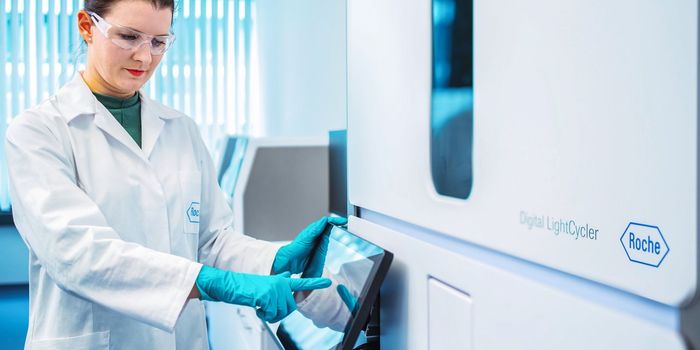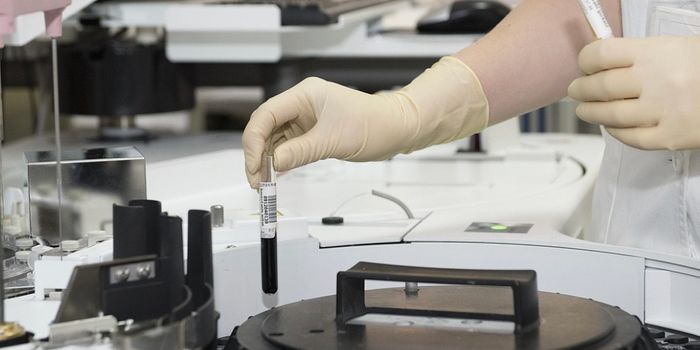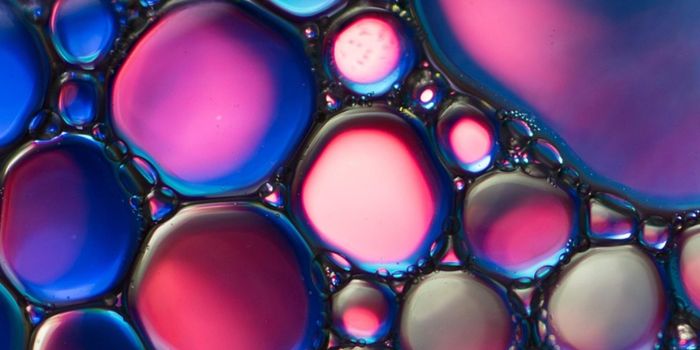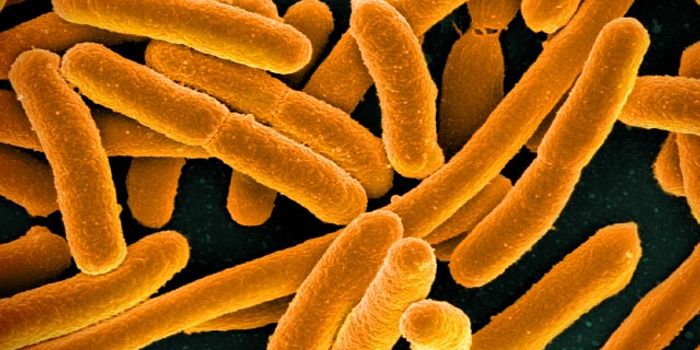When people get sick or hurt, they lose huge numbers of cells. For example, as pointed out in an article in Futurity, "The damage from a major heart attack could cost you around five billion heart cells. Future stem cell treatments will require this number and more to ensure those cells are replaced and improve your chances of survival." Scientists from the University of Nottingham in the United Kingdom have found a completely synthetic substrate that could have the ability to grow billions of stem cells to reproduce them in factory-like fashion (http://feedly.com/i/subscription/feed/http://www.futurity.org/feed/).

The objective is the mass production of human embryonic (pluripotent) stem cells to act as an "off-the-shelf product for clinical use in the treatment of the heart, liver and brain." To make this happen, researchers have been looking for polymers on which to grow human pluripotent stem cells and differentiate them according to function, billions at a time. They used a high throughput materials discovery approach to find the human-made material, free from possible contamination and batch variability.
According to the National Institutes of Health, "Human embryonic stem cells (hESCs) are generated by transferring cells from a preimplantation-stage embryo into a plastic laboratory culture dish that contains a nutrient broth known as culture medium. The cells divide and spread over the surface of the dish. In the original protocol, the inner surface of the culture dish was coated with mouse embryonic skin cells specially treated so they will not divide. This coating layer of cells is called a feeder layer. The mouse cells in the bottom of the culture dish provide the cells a sticky surface to which they can attach. Also, the feeder cells release nutrients into the culture medium. Researchers have now devised ways to grow embryonic stem cells without mouse feeder cells. This is a significant scientific advance because of the risk that viruses or other macromolecules in the mouse cells may be transmitted to the human cells" (http://stemcells.nih.gov/info/basics/pages/basics3.aspx).
According to Morgan Alexander, professor of biomedical surfaces at University of Nottingham, "The possibilities for regenerative medicine are still being researched in the form of clinical trials. What we are doing here is paving the way for the manufacture of stem cells in large numbers when those therapies are proved to be safe and effective."
As Chris Denning, professor of stem cell biology at the University of Nottingham, explains, "The field of regenerative medicine has snowballed in the last five years and over the coming five years a lot more patients will be receiving stem cell treatments. Clinical trials are still in the very early stages. However, with this kind of product, if we can get it commercialized and validated by the regulators it could be helping patients in two to three years."
Researchers are investigating conditions of the heart, liver and brain for potential stem cell therapy. Stem cells are already being used to treat eye disorders.









